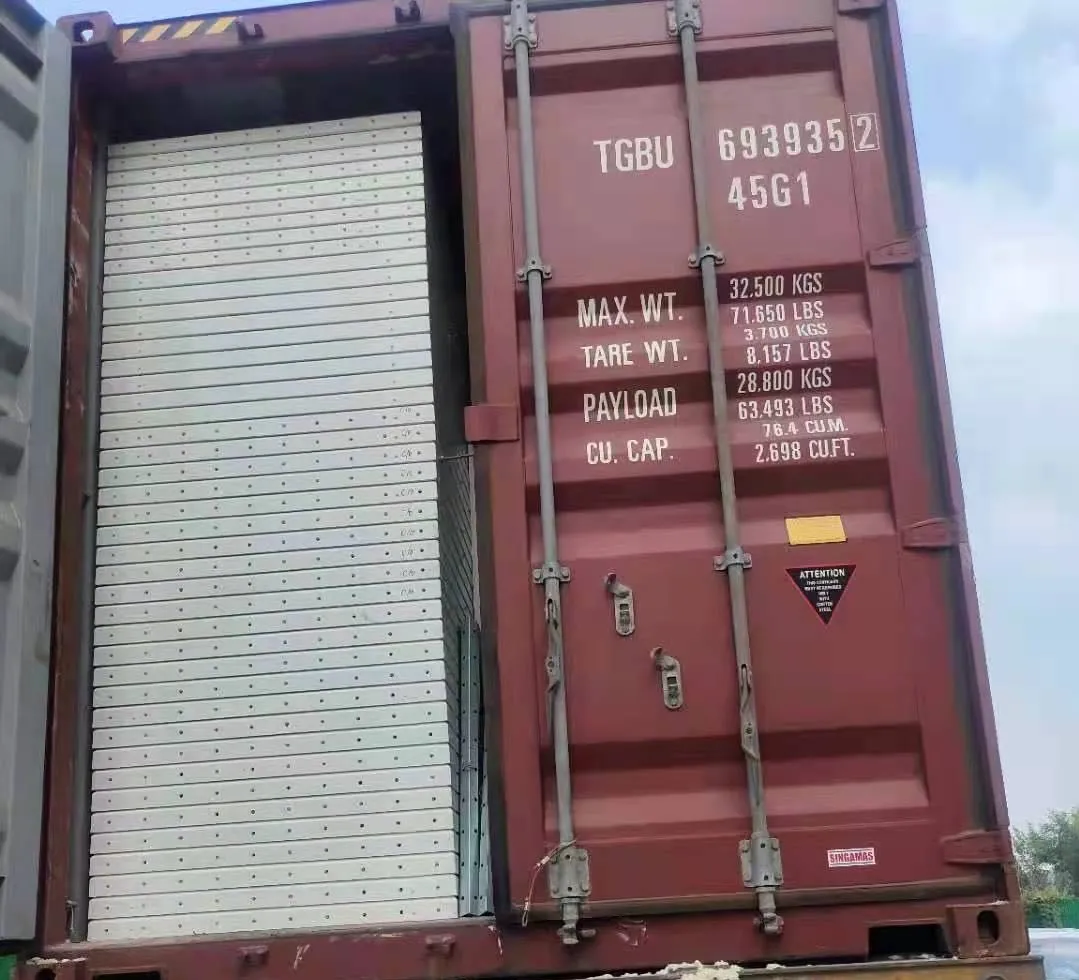loading...
- No. 9, Xingyuan South Street, Dongwaihuan Road, Zaoqiang County, Hengshui, Hebei, China
- admin@zjcomposites.com
- +86 15097380338
- Welcome to visit our website!
frp pressure vessel tank
Understanding FRP Pressure Vessel Tanks
Fiber Reinforced Polymer (FRP) pressure vessel tanks have emerged as a prominent solution in various industries that require durable, lightweight, and corrosion-resistant containment systems. These tanks are primarily constructed using a composite material that consists of a polymer matrix reinforced with fibers—usually glass or carbon. This combination bestows FRP tanks with exceptional mechanical properties, making them ideal for storing aggressive chemicals, water, and other fluids under pressure.
Understanding FRP Pressure Vessel Tanks
The lightweight nature of FRP pressure vessel tanks also offers considerable logistical benefits. Compared to their metal counterparts, FRP tanks are significantly lighter, which translates to lower transportation costs and easier installation. This feature is particularly advantageous in locations where heavy equipment may be difficult to maneuver or where weight restrictions are in place, such as on offshore platforms or in remote areas.
frp pressure vessel tank

FRP pressure vessel tanks can be manufactured in various shapes and sizes, facilitating customizable solutions tailored to specific needs. Their design flexibility enables engineers to create tanks that fit perfectly within the existing infrastructure, minimizing the need for extensive modifications. Moreover, the ability to mold FRP into complex shapes allows for innovative designs that can optimize space and enhance aesthetics.
Another vital aspect of FRP tanks is their excellent thermal insulation properties. The composite materials used in their construction exhibit poor thermal conductivity, which helps maintain the temperature of the stored fluids. This quality is particularly beneficial in applications where temperature control is essential, such as in the storage of temperature-sensitive chemicals or food products.
Safety is paramount in any industry, and FRP pressure vessel tanks are designed with this principle in mind. They are built to meet stringent industry standards, ensuring that they can withstand high pressures without risk of failure. Regular maintenance and inspections further enhance safety, allowing for early detection of any potential issues.
In summary, FRP pressure vessel tanks represent an advanced solution for many industrial storage needs. Their corrosion resistance, lightweight nature, customization options, excellent thermal insulation, and safety features make them an attractive choice for businesses looking to enhance efficiency and reliability. As industries continue to evolve and seek innovative materials, FRP technology is poised to play a critical role in the future of storage solutions.
-
GRP Structures: The Future of Lightweight, High-Performance EngineeringNewsJun.20,2025
-
FRP Water Tank: High-Performance Storage for Corrosive and Clean Water SystemsNewsJun.20,2025
-
FRP Square Tube: The New Industry Standard for Chemical and Structural ApplicationsNewsJun.20,2025
-
FRP Pultruded Profiles: The Ultimate Choice for Lightweight Structural StrengthNewsJun.20,2025
-
FRP Handrails: The Safer, Smarter, and Stronger Choice for Modern InfrastructureNewsJun.20,2025
-
FRP Grating: The Smart Solution for Durable, Lightweight Industrial FlooringNewsJun.20,2025
-
Why Choose a Galvanized Water Tank for Your Storage NeedsNewsMay.21,2025
